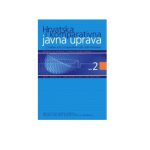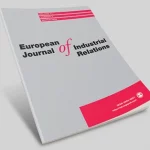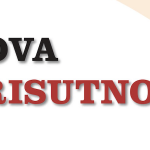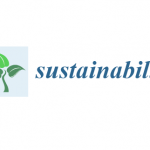A scientific article under the title “Efficiency of the Croatian Public Administration in the Selection of Projects Co-Financed by the European Union Funds ” has been published in the Croatian and comparative public administration: a journal for theory and practice of public administration. Authors of article are Jakša Puljiz, Sanja Maleković and Sanja Tišma. The journal is indexed in the Scopus (Elsevier B.V.), Web of Science Core Collection (WoSCC) – Emerging Sources Citation Index (ESCI).
The article is acessible at https://iju.hr/HKJU-clanak.asp?c=1201&a=Autor:%20Jak%C5%A1a%20Puljiz;%20Sanja%20Malekovi%C4%87;%20Sanja%20Ti%C5%A1ma;
Summary
In order to improve the management of cohesion policy funds of the European Union (EU) in Croatia, an obligation has been introduced to carry out an independent evaluation procedure for the preparation and implementation of planning documents of this policy. The intention is to monitor its implementati- on and improve its quality, thus ensuring the greatest possible positive effects of investments in each member state and the EU as a whole. The research focused on the quality of implementation of cohesion policy in Croatia by choosing a very important segment of the management process – the evaluation of the project selection system within the Operational Programme Competitiveness and Co- hesion 2014-2020 as the financially most important EU programme in Croa- tia. The development and application of project selection criteria falls within the competence of each EU member state, but with the obligation to respect the key principles set out in the EU legislation. The analysis of the selection system has shown that the national authorities have created a fairly standardised project selection system with a number of rules that should ensure a high level of tran- sparency and reduce any procedural errors of conduct. In that respect, Croatia can be placed among the new member states characterised by demanding tender documentation and a complex methodology for evaluating project proposals. Further analysis has shown that the project selection system is quite lengthy and inefficient. The administrative complexity is burdensome for all participants in the project selection process, thus making the project selection system a typical example of gold-plating in which national authorities ensure that the relevant provisions of EU law are respected in a fairly inefficient way. In such circum- stances, the overall positive effects of the selection system related to transparency and reduction of procedural errors are diminished.






